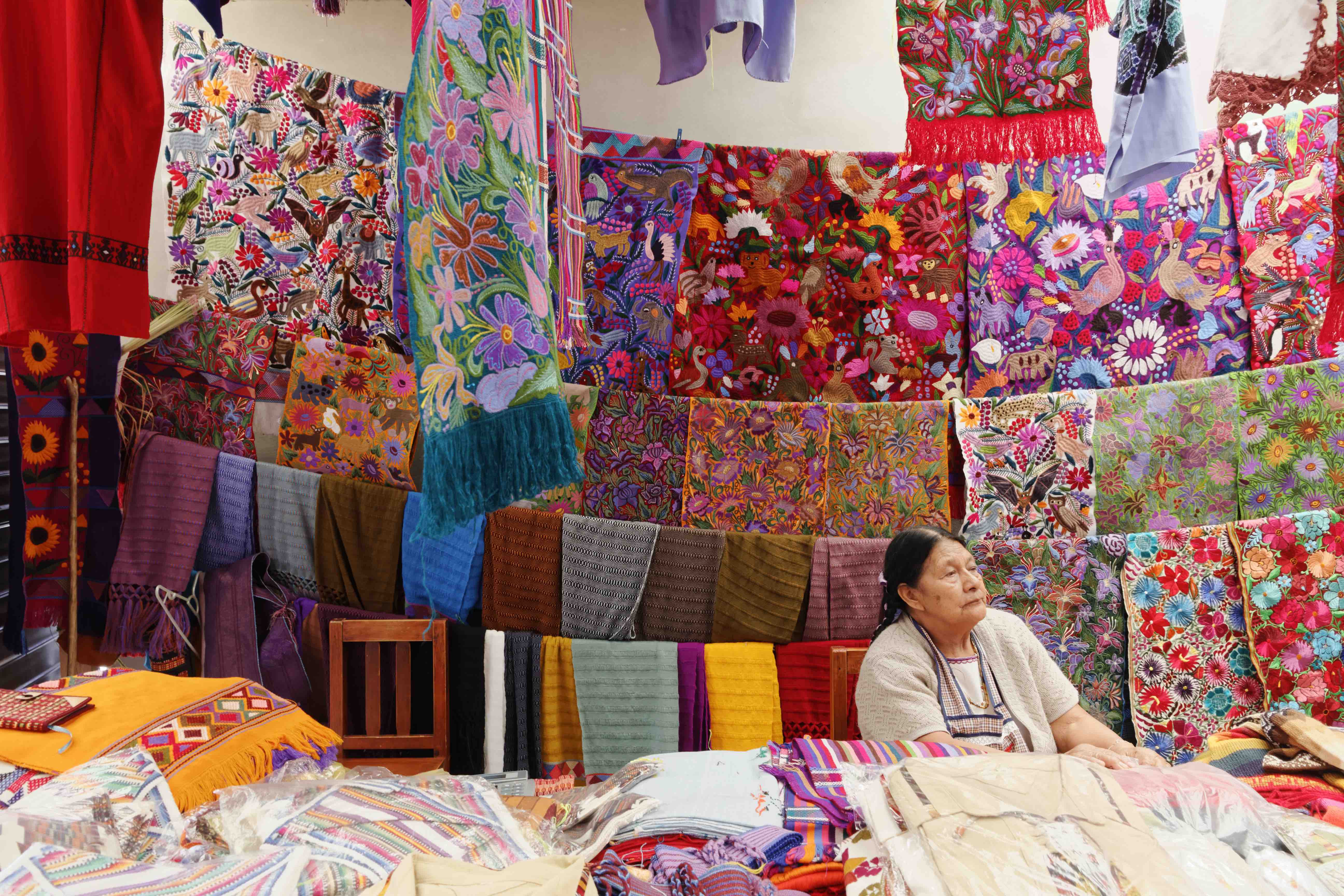“Eso no es pa’ celebrar,” I heard my mom tell someone on the phone this morning, discussing annual school closings. “I don’t know why they celebrate that thief.”
More than 500 years ago, Christopher Columbus and his friends invaded the Americas in an imperialist, violent quest for transatlantic colonization. They attempted to vilify and eradicate native communities’ existence and history in order to claim a pre-inhabited land as their own – even going as far as to call it a “discovery.”
Recently, many people and states have reclaimed the day, calling it Indigenous Peoples Day. However, even now, there’s not much to celebrate.
“Now I see that what for some is reason for partying, for others is reason for sadness,” María de Jesús Patricio Martínez, more popularly known as Marichuy, told Spanish outlet El Pais.
A respected human rights activist, Marichuy is the spokesperson for the Congreso Nacional Indígena and the first Indigenous woman to present herself as a pre-candidate for Mexico’s presidency. In her interview with the publication, she took a moment to talk about how far we’ve come. Spoiler: Not very far.
“It’s a bad day: There’s nothing to celebrate. And that which began years ago is still happening today: The dispossession and contempt for origin communities hasn’t ended. Their riches are still being robbed,” she said in Spanish.
She spoke out on Mexico’s political climate as well, calling BS on the widespread notion that the nature of the relationship between the country’s Indigenous communities and the government is symbiotic or even amicable. Oftentimes, she explained, Indigenous people are presented with enticing ideas of growth, including access to more hospitals and jobs. What national governments aren’t quick to detail is what these communities need to hand over in exchange. “Our trees, our water,” Marichuy, 55, said.
According to the activist, when Indigenous individuals organize to ensure their voices are heard, “They are disappeared, oppressed or imprisoned.”
“They don’t like it when we see that there are things that are wrong,” she said. “But if we are fearful, they win. [We must] fight against this capitalist, patriarchal system that is doing away with our men and women. We do it for our children, nephews, and boys and girls who we’ll leave this land to. That gives us strength. Fear is better left on the margins.”
